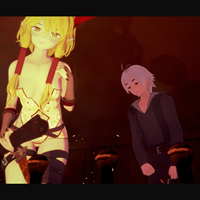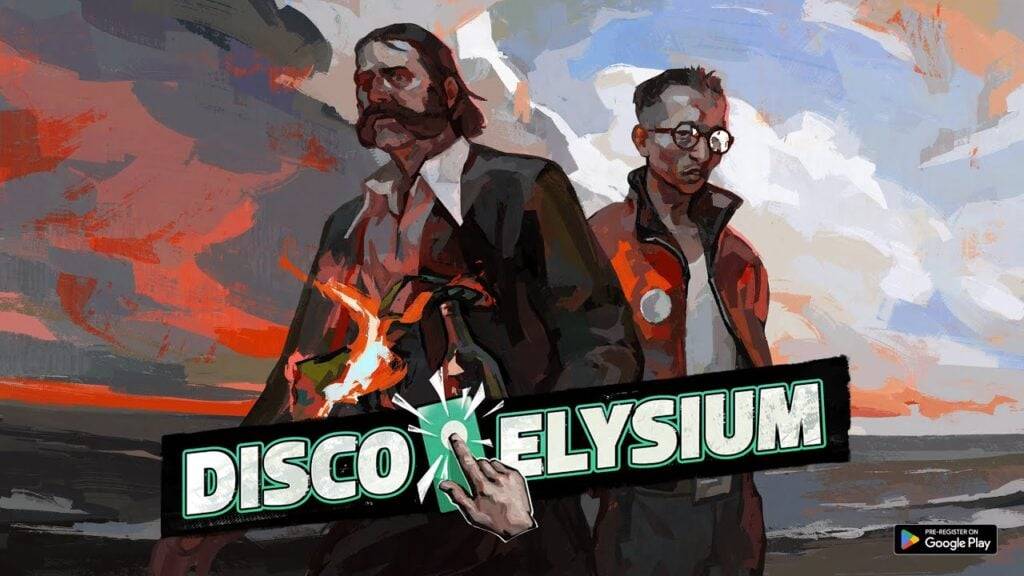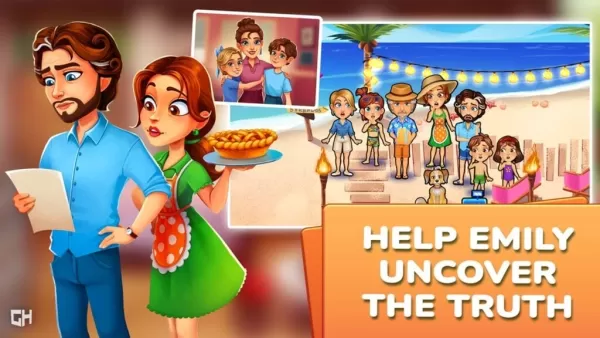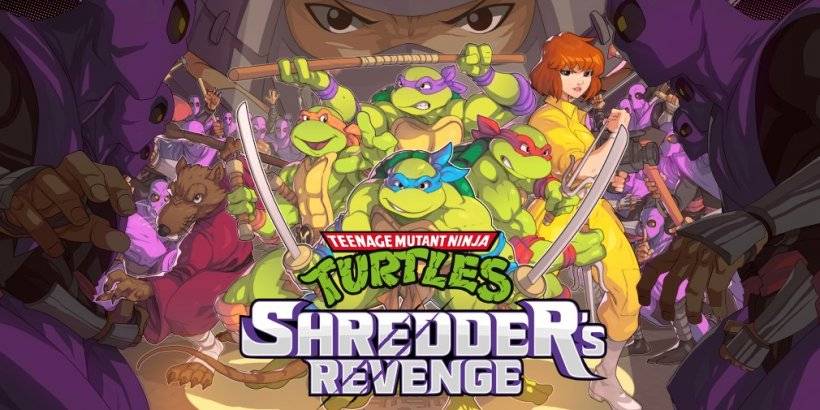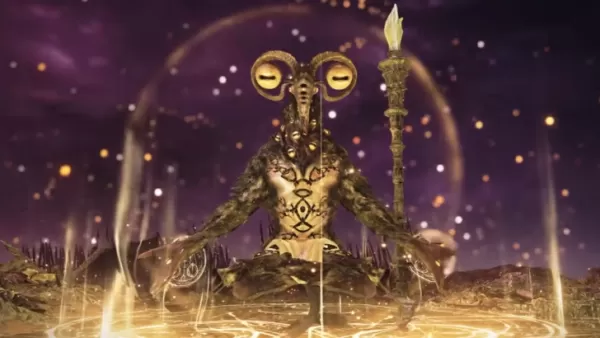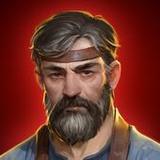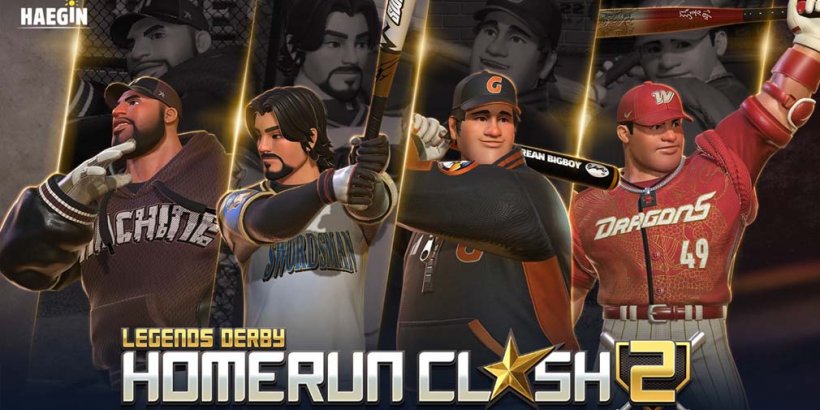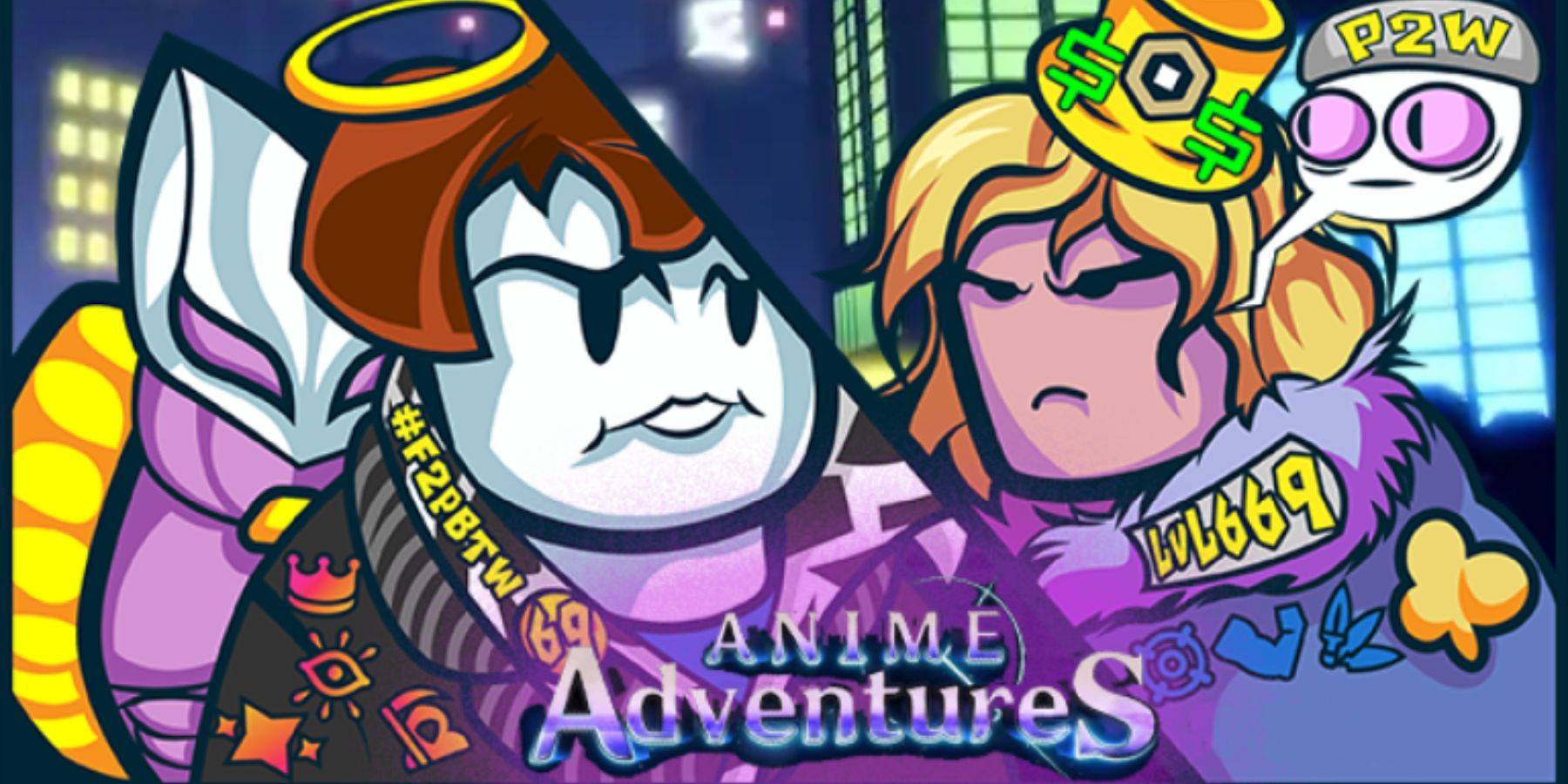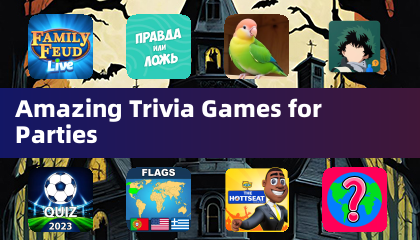Fable 2: Skip Fable, Play Now!
Buried deep within this week's Xbox Podcast episode was exciting news about Playground Games' highly anticipated Fable. The news, a rare glimpse of gameplay, was bittersweet, however, as it also revealed a delay. Initially slated for release this year, Fable is now set for a 2026 launch.
While delays are rarely welcome, they don't always signal disaster. In Fable's case, hopefully, this extra time allows for a richer, more detailed world. This extended wait presents the perfect opportunity to revisit the Fable games, particularly Fable II, a series high point, and rediscover its unique charm.
By today's RPG standards, Fable II is remarkably unusual. Even compared to its 2008 contemporaries, including Fallout 3 and BioWare's early 3D titles, its vision is singular. While featuring a traditional campaign structure with a linear main story and side quests, its RPG systems are surprisingly streamlined. This approachability makes it ideal even for RPG newcomers.A simple system of six main skills governs health, strength, and speed. Weapon damage is the only significant combat stat; armor and accessories lack comparable stats. Combat, while frequent, is lighthearted swashbuckling, enhanced by creative spellcasting (like the hilarious Chaos spell). Even death is inconsequential, resulting in only a minor XP penalty.
Fable II is the perfect RPG for those new to the genre. In 2008, Oblivion's vast world might have felt overwhelming to newcomers, but Fable II's Albion offered manageable, easily navigable maps. Players freely traverse these areas, aided by a loyal canine companion, uncovering secrets like buried treasure and hidden caves. This creates a sense of scale exceeding the game's actual size. Albion's geography is restrictive, guiding players along linear paths, preventing the feeling of being truly lost.
Albion, while not as expansive as the worlds of BioWare's Infinity Engine games or Bethesda's Morrowind, shouldn't be judged by modern standards. Fable II prioritizes a bustling, vibrant world over vast, sprawling landscapes. Comparing it to The Sims reveals a remarkable simulation of society.
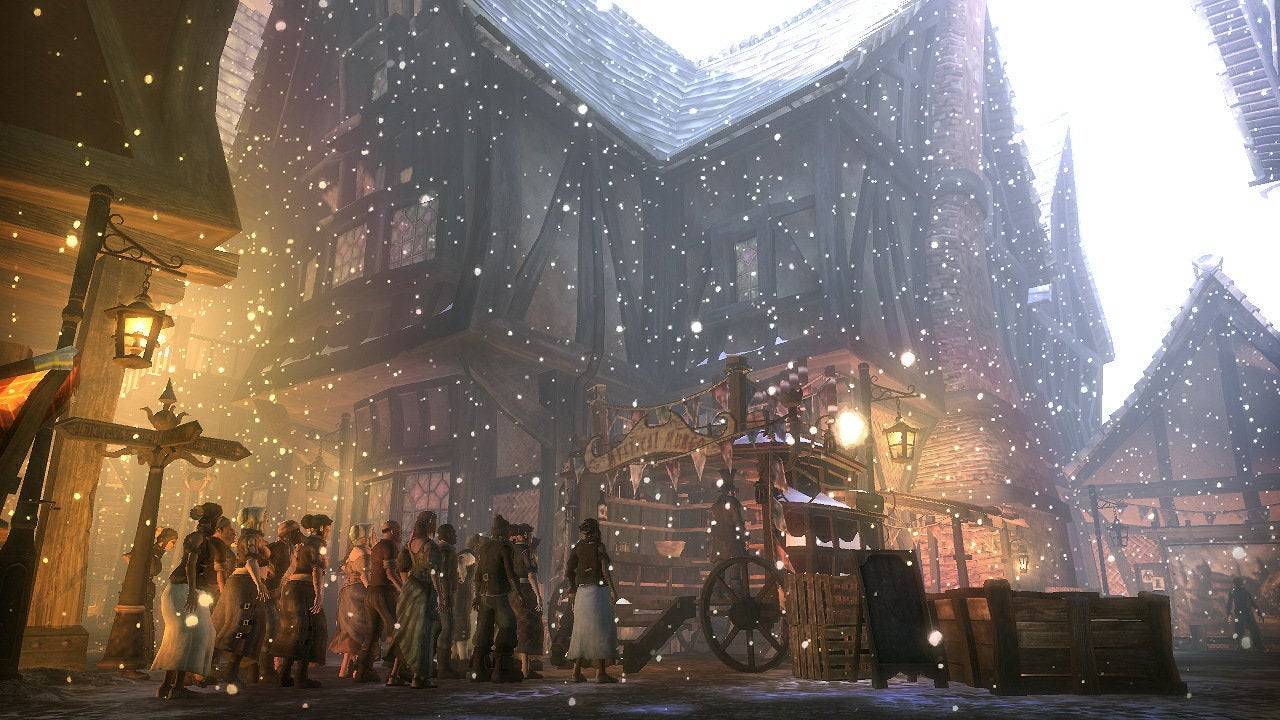
While the player character is a Hero, destined for grand adventures, Fable II shines when players immerse themselves in its society. Players can purchase and manage properties, working at jobs like woodcutting or blacksmithing (which become surprisingly relaxing). They can become landlords, woo NPCs, and even start families. While individual elements feel artificial, the overall effect creates a remarkably believable sense of life.
A well-executed fart might have pub patrons howling with laughter. Few RPGs have replicated Fable II's approach. Even Baldur's Gate 3 lacks organic romances and property market manipulation. However, Red Dead Redemption 2 offers a similar, albeit more refined, simulation of society. Rockstar's game features responsive NPCs who react to player behavior. Meaningful interactions can have lasting consequences, with NPCs remembering and reciprocating kindness later. If Playground Games' Fable aims to stay true to its roots, it should emulate Red Dead Redemption 2's dynamic world.
Other key Fable elements must be preserved. The game's British humor, witty satire, and a memorable cast of characters are essential. Perhaps most important is Lionhead's approach to good and evil.
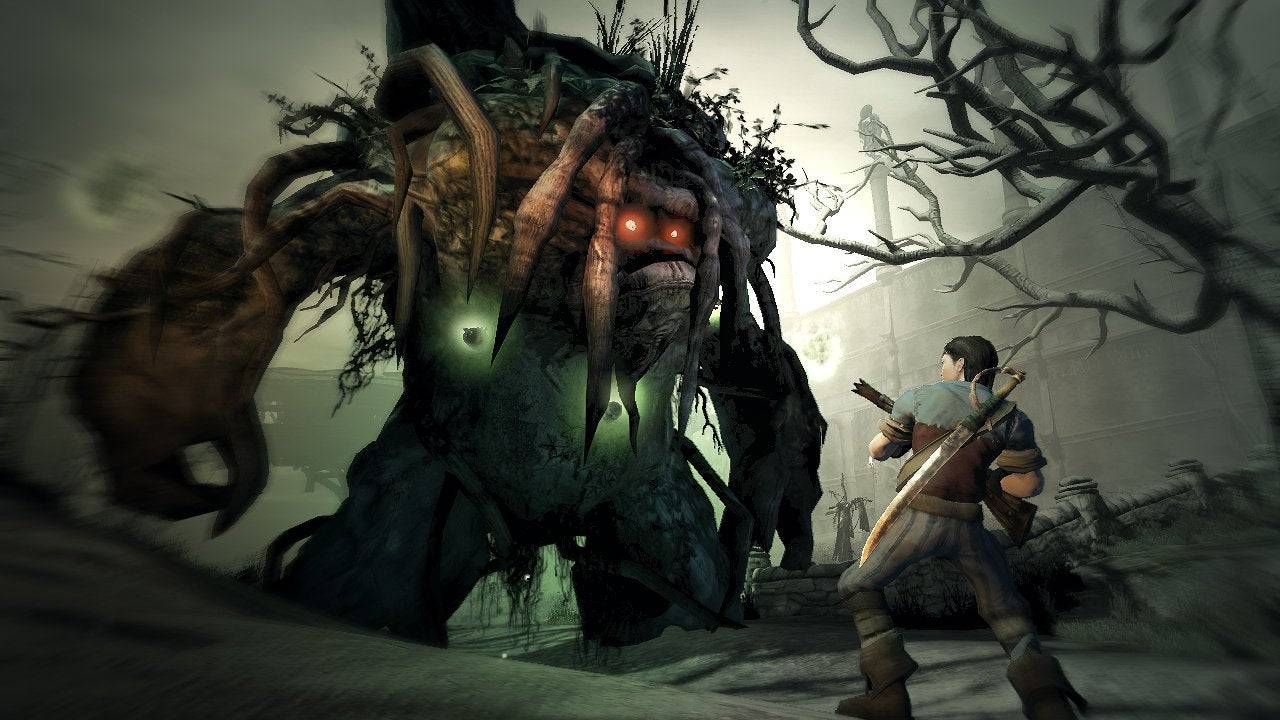
This new Fable is still a year away. In the meantime, revisiting Fable II highlights its enduring appeal and the importance of preserving its quirks. The new Fable shouldn't be a Witcher or Baldur's Gate clone; it needs to be true to its heritage, warts and all.
